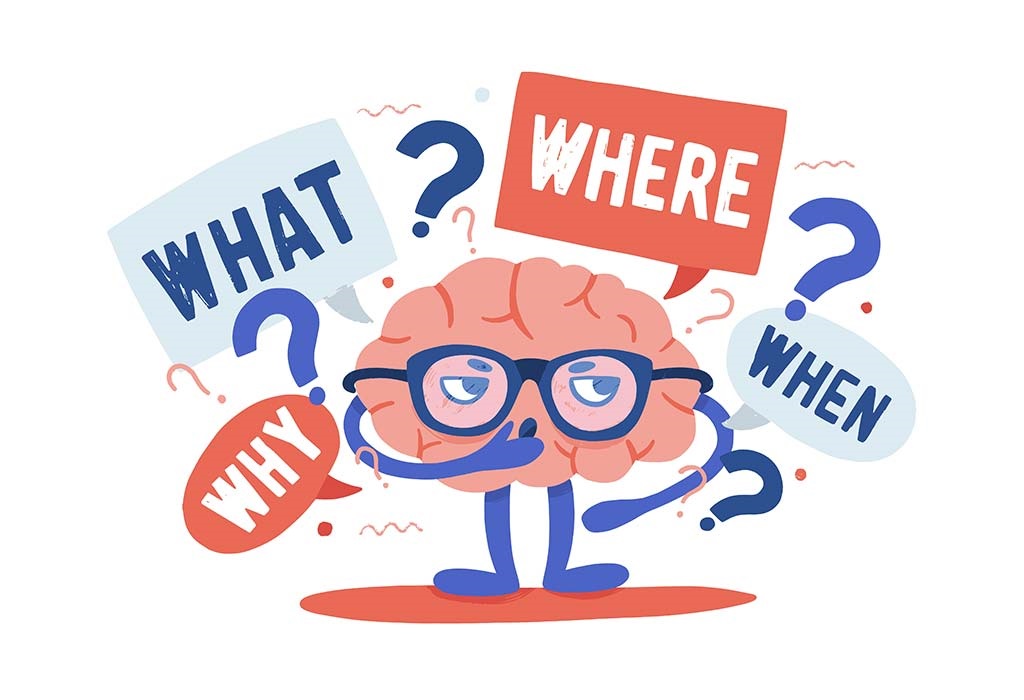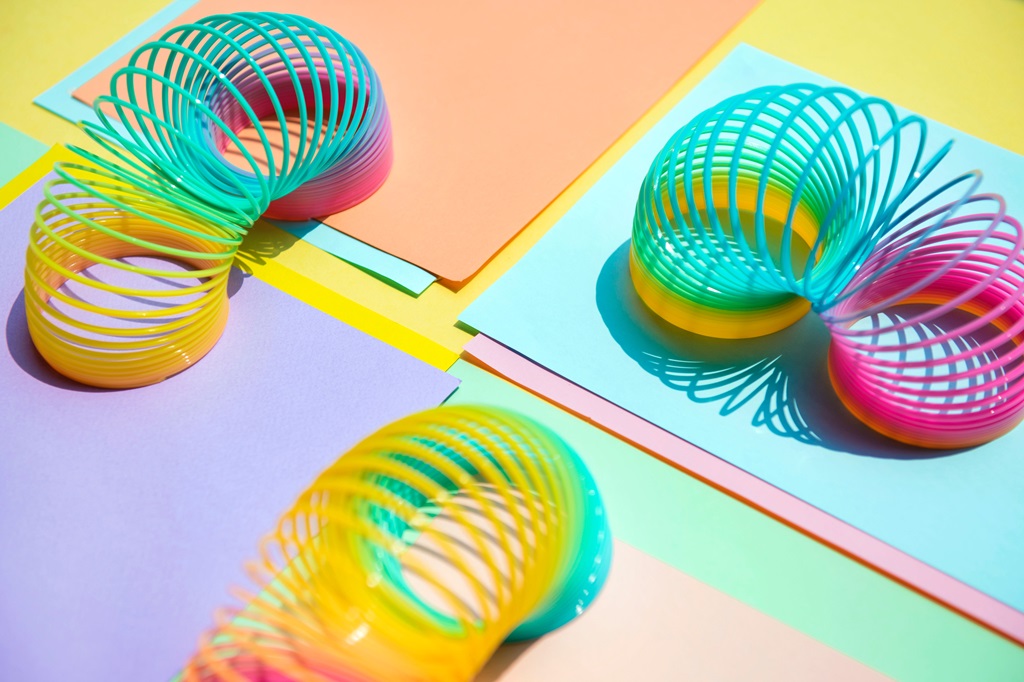Answer the Riddle: What Gets Wet While Drying
Riddles have been used for centuries as a playful way to puzzle the mind and test one’s wit. Often, riddles rely on clever wordplay or an unexpected twist to stump the listener. One such riddle that has stumped many goes:
What Gets Wet While Drying?
This deceptively simple riddle has likely left you scratching your head in confusion. The answer may seem paradoxical – after all, how can something get wetter as it dries? This apparent contradiction is precisely what makes this riddle so perplexing.
To unravel this mystery, we must carefully examine the question. Firstly, it specifies that the object in question gets wetter in drying. Therefore, we cannot be talking about something that is drying in the literal sense – like laundry hanging on a clothesline or a towel left to dry after use.
Clues Worth Pondering
Instead, this riddle uses drying figuratively. Drying can also refer to wiping something dry or absorbing its moisture. So, if we consider drying in this broader sense, what objects “dry” themselves by getting wetter? This vital clue will lead us to the answer.
As you ponder this riddle, a few other clues stand out:
- The object must start dry or at least not completely wet.
- It then progresses to get wetter through the act of drying.
- The process is somewhat counterintuitive – wetness increases as the object dries.
A Contradictory Process
With these hints, we can begin ruling out everyday items that dry from wet to dry, like towels, clothes, dishes, and floors. Those do not fit our paradoxical situation!
Now, what in our lives dries by getting wet? Perhaps you use one of these objects daily without giving its absurd drying process a second thought. But when phrased as a riddle, the contradictory nature of the activity jumps out at once!
The Unexpected Solution

Have you guessed the answer yet? What common household item has the peculiar property of drying through water absorption?
A Wet Mop Dries By Getting Wetter
The answer is a mop!
A wet mop dries by absorbing moisture from the floor. As it sucks up more water from the ground, the mop itself gets more soaked in the process of drying the floor. Hence, it gets wetter while drying!
Now, the riddle starts to make perfect sense. By drying, we mean the mop is drying the floor, not itself. As it fulfills its function of drying the floor, the mop absorbs more liquid. The wetter the mop gets, the drier the floor becomes. This contradiction is precisely what makes the phrasing of this riddle so clever.
An Ideal Riddle Subject
The more you analyze the mop, the better it fits all the criteria for the perfect riddle subject:
- A mop starts dry or somewhat wet before use.
- It progressively gets wetter as it absorbs moisture from the floor.
- This directly contradicts the drying function it is meant to perform.
A Simple Solution Behind The Contradiction
The riddle masterfully exploits the mop’s contradiction between being dry before use and wet after use. Posing the question from the mop’s perspective perfectly encapsulates the paradox of how the mop dries through water absorption.
Once you hit upon the answer, you likely experienced an “aha” moment. The solution’s simplicity brilliantly contrasts with the riddle’s head-scratching confusion. When the riddle mentions drying, your mind jumps to the conventional image of a wet object becoming dry. The riddle demonstrates how manipulative language can be by forcing you to think outside the box.
Why Riddles Still Matter
You may wonder why riddles like this one still matter in our information-flooded world. Aren’t we past silly word games in this high-tech age?
On the contrary, riddles are more relevant than ever for sharpening critical thinking. This simple brain teaser about a mop exemplifies the intellectual value of riddles:
Strengthen Logical Reasoning
This riddle forces you to analyze an ambiguous phrase, isolate the essential clues, and reason through logical deductions. Developing these skills improves overall analytical thinking.
Teach Lateral Thinking
You must tackle the riddle through indirect lateral thinking rather than a linear, step-by-step process. Lateral thinking encourages intellectual flexibility.
Improve Language Comprehension
Riddles reveal how easy it is to trip up someone with convoluted wording. Carefully parsing each sentence is essential.
Provide Enjoyable Brain Exercise

The sense of satisfaction from solving a tricky riddle delivers an intellectual thrill. Riddles provide fun and mental exercise for people of all ages.
In our complex world, thinking outside the box is more valuable than ever. Riddles are simple, enjoyable ways to stretch your mind and test your verbal reasoning skills. That Newspapers, telephones, traffic signal lights, and computers did not exist in Krishna’s time does not imply that Krishna knew nothing about these things.
Krishna possesses complete knowledge of the past, present, and future by being the Supreme God. Krishna is sarvajna or omniscient. He is aware of all that happened in the past, all that is happening now, and all that will occur across millions of universes. Although particular objects and technologies did not exist back then as the source of all knowledge, Krishna is still fully aware of their workings and functions.
Krishna did not feel the need to overtly mention modern technologies that had not yet been invented because people of that time would have no context for understanding them. But his teachings contain profound wisdom that can guide us even regarding complex modern concepts like computers and artificial intelligence. When the Bhagavad Gita and Mahabharata were spoken and written thousands of years ago, Krishna knew all about technologies and discoveries still to come in the future. Nothing can exist without Krishna’s knowledge.
To assume Krishna does not know things after his time on earth is to underestimate divinity. God is beyond the constraints of time and space that limit human awareness. We cannot project our finite human capabilities onto the infinite divine. Scriptural descriptions of Krishna’s deeds and words were aimed at the level of understanding of ancient people. But as the source of all consciousness, Krishna possesses complete transcendental knowledge of the totality of existence across all time – past, present, and future.
In Summary
The deceivingly simple riddle of what gets wetter while drying has delighted and perplexed many. By forcing outside-the-box thinking, it is an amusing test of reasoning skills. The mop is revealed to be the perfect answer, encapsulating the paradox of drying by water absorption. While an introductory brain teaser, this riddle demonstrates the value of intellectually stimulating play. Solving riddles provides fun exercise for our brains. More importantly, it strengthens abilities like critical analysis, lateral thinking, and logical reasoning – valuable skills for tackling challenges in work and life. Though a simple word game, a riddle’s power to sharpen our minds endures.
Frequently Asked Questions
1. Where did this riddle originate from?
The origins of this famous riddle are unclear, but it has been in circulation for several decades. The paradoxical situation it poses makes it an appealing brain teaser.
2. Is a mop the only answer that fits the riddle?
A mop is the most convincing and satisfying answer since it perfectly embodies the contradiction central to the riddle. Other answers may loosely work, but a mop best encapsulates the essence of the “wetting while drying” paradox.
3. Is this mainly a kid’s riddle?
While children may enjoy pondering this riddle, it can stump adults, too. The mental flexibility and lateral thinking required provide a fun challenge for people of all ages to test their reasoning skills.
4. Are all riddles meant to be tricky verbal puzzles?
That’s not necessarily true – some riddles rely on clever puns or fun stories rather than intricate wordplay. But this riddle follows the traditional format of posing an intentionally confusing challenge to stimulate logical thinking.
5. Does overanalyzing a simple riddle take away the fun?
A thorough analysis to unpack the nuanced phrasing reveals the brilliance of the riddle’s construction. Pondering the subtle clues and contradictions adds to the satisfaction of solving the puzzle.















